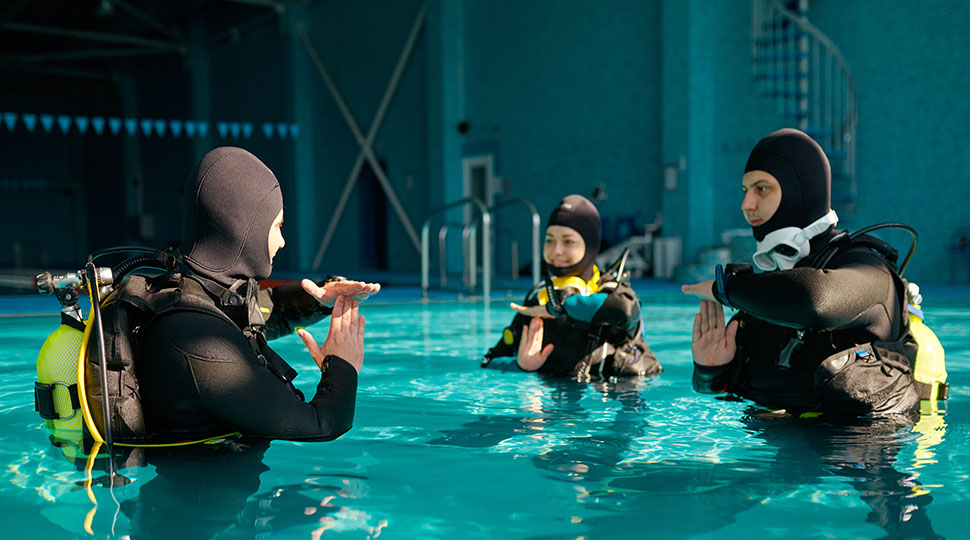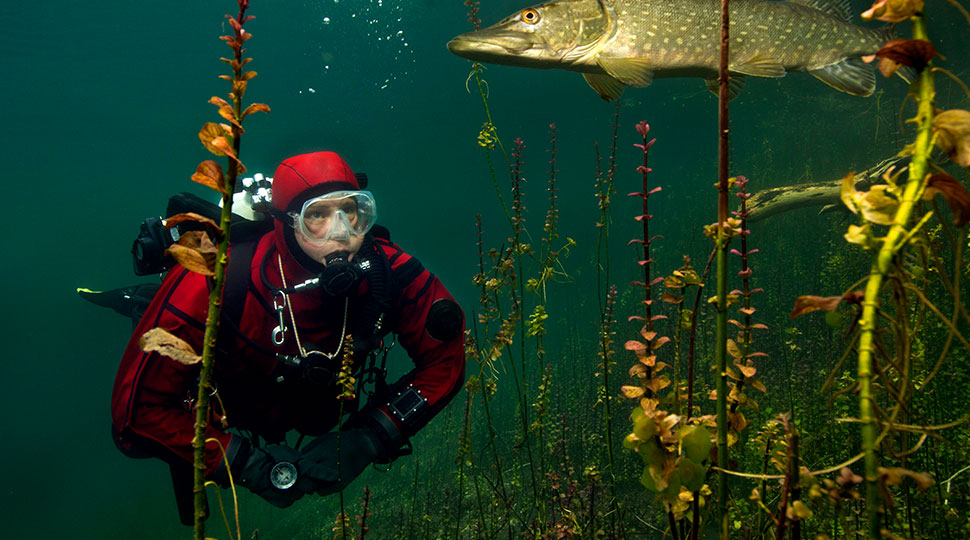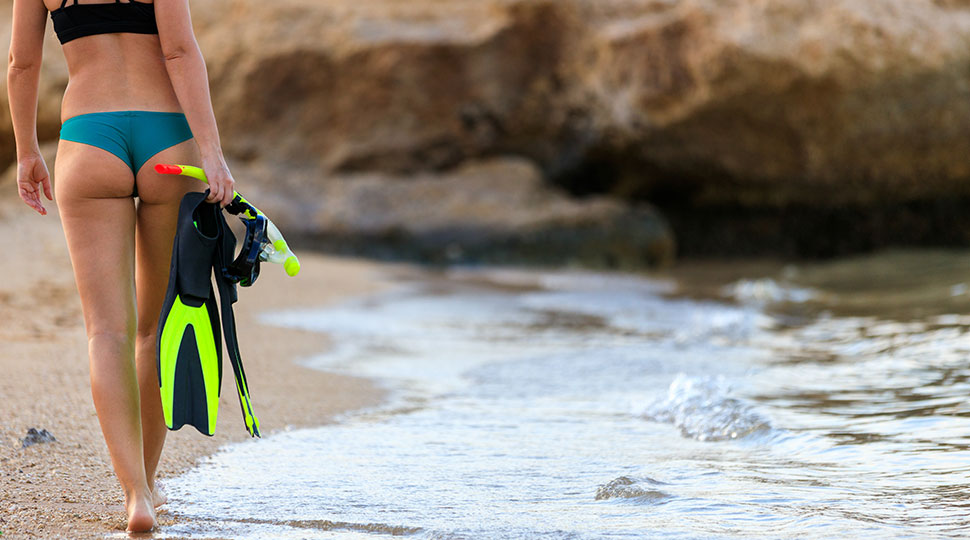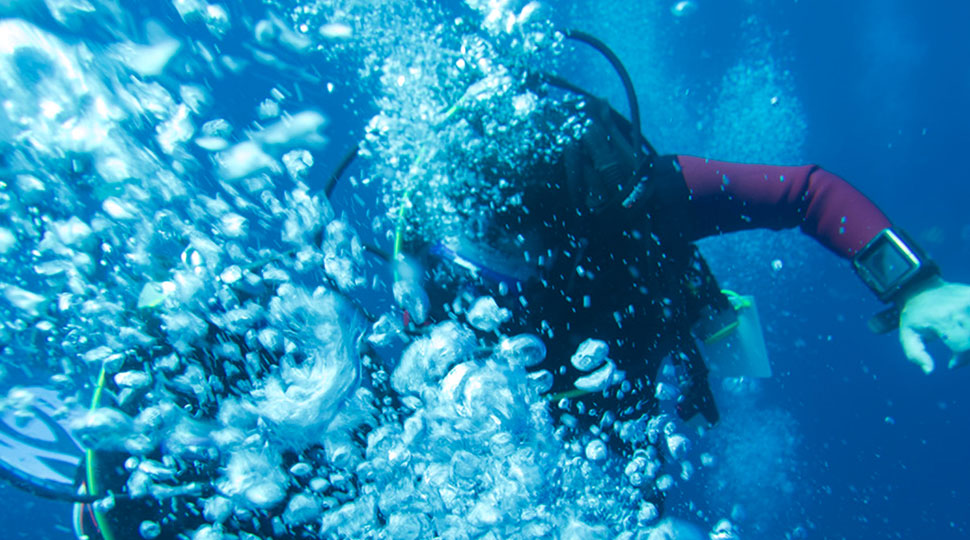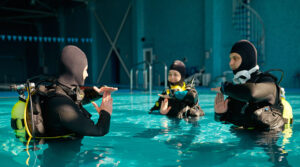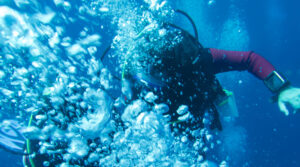Among various types of scuba diving, cave diving is a unique and exciting activity that allows divers to plunge into underwater caves and experience the thrill of navigating submerged passages. Unlike other forms of scuba diving, cave diving requires special skills, gear, and awareness to ensure safety at all times.
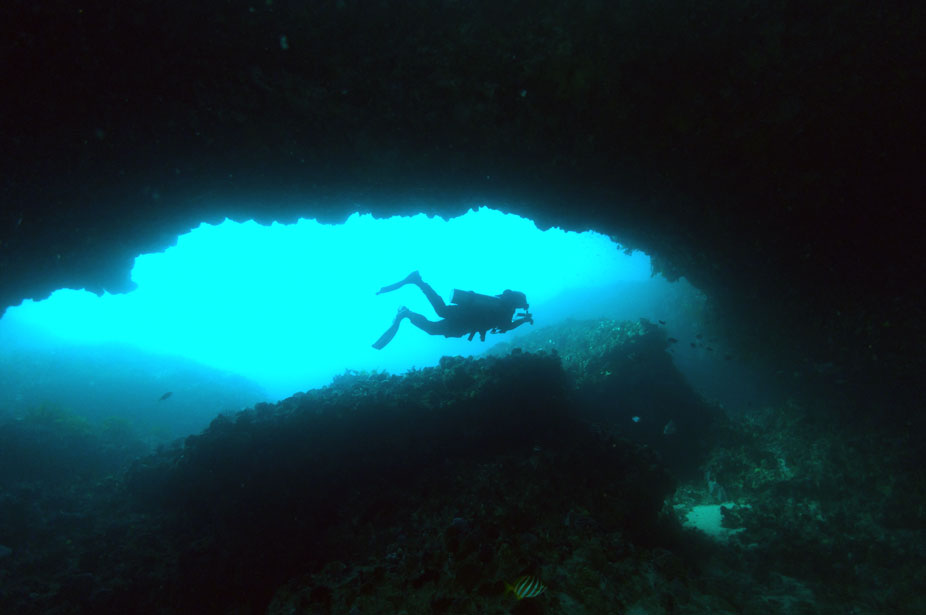
This guide will provide you with the essential do’s and don’ts of cave diving, helping you to confidently embark on this once-in-a-lifetime adventure and ensuring you create unforgettable memories while staying safe.
Do’s for Cave Diving
Always Dive with a Buddy
Cave diving, like all forms of scuba diving, should always be performed with a buddy. Two divers can keep an eye on each other, notice any potential problems faster, and lend a hand in case of an emergency.
Teaming up with an experienced cave diver can also provide a wealth of knowledge and understanding of the cave systems.
By choosing the right buddy, one who complements your skillset and also understands the terrain, you increase the likelihood of a safe and enjoyable cave diving experience.
Wear Appropriate Gear and Clothing
Proper gear is crucial for any scuba diving activity, but it’s even more imperative for cave diving. Not only is the environment different from open water dives, but the gear must also be cave-specific. Here are some essential items you need:
- A reliable primary light source: A strong, high-quality dive torch with a long battery life is necessary for navigating the dark caverns. Opting for a hands-free headlamp can also help in managing other cave diving tasks.
- A backup light source: Don’t forget a backup to your primary light in case it fails to function.
- A helmet: A sturdy helmet can protect your head from low hanging rocks and other potential hazards when navigating caves.
- A redundant air supply (such as a side mount system): This can be a lifesaver in case your main gas supply malfunctions. You never want to be without a reserve in an underwater cave.
- A guideline reel: This is essential to ensure that you don’t get lost within the cave system, and for many cave divers, it’s a vital lifeline to the surface.
- Wear a high-quality wetsuit or drysuit: Caves often have colder water temperatures, and safe diving in these conditions requires good thermal protection.
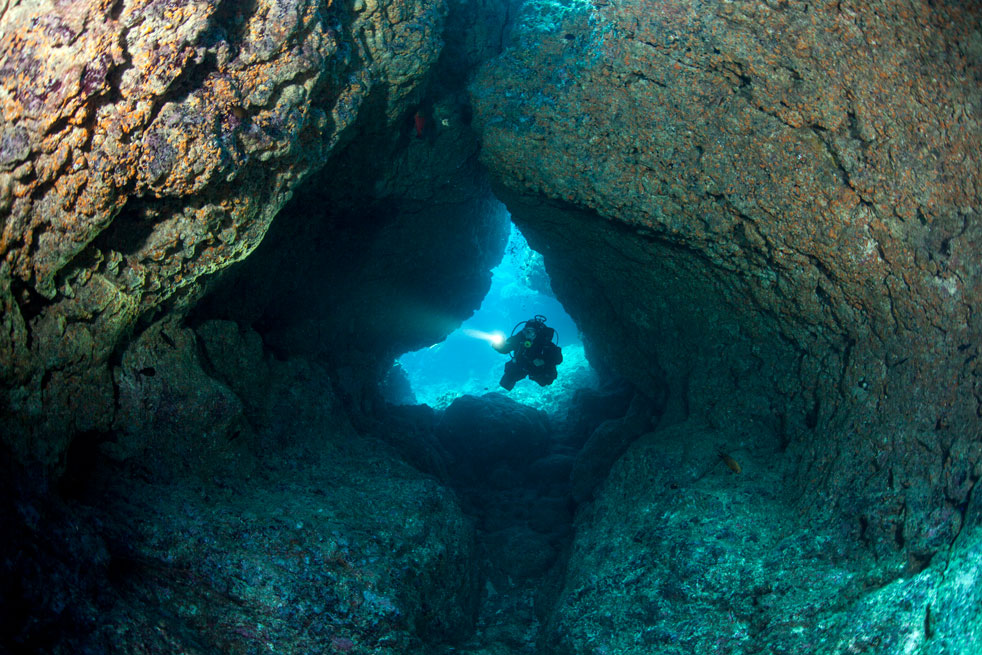
Follow the Rules and Regulations of Cave Diving
Taking the time to learn and adhere to the proper rules and regulations of cave diving is vital for a safe and enjoyable experience.
Acquire professional training from a certified cave diving instructor who can teach you essential techniques, such as line-laying, navigation, and gas management.
Moreover, it’s important to respect the rules set by local dive sites and follow any restrictions, such as depth or distance limits. Be sure to adhere to dive site guidelines and best practices since they are in place to ensure the safety and enjoyment of all divers.
Learn Proper Breathing Techniques
Breathing underwater relies on specific methods that are different from those utilized in normal conditions. Scuba divers should obtain formal training to practice the correct breathing techniques, which include slow and deep breaths to maximize gas consumption and maintain a calm and relaxed state of mind.
Improper breathing, such as breath-holding or rapid breathing, can lead to dangerous situations like gas narcosis or decompression sickness during cave diving. Be sure to practice and internalize these techniques so that they become second nature once you are in a challenging underwater environment.
Maintain Awareness of Your Surroundings at All Times
Awareness of your surroundings is crucial to staying safe during cave diving. Ensure that you and your dive buddy stay vigilant and communicate with one another to identify potential hazards, such as changes in water conditions, limited visibility, or narrowing passages.
Visualizing your planned dive route and memorizing key landmarks can also assist in navigating the cave and preventing disorientation. Always be prepared to adapt and overcome any unforeseen obstacles during the dive.
Don’ts for Cave Diving
Never Enter a Cave without Professional Training or Guidance
Cave diving can be perilous for untrained divers. The unique challenges and potential hazards associated with this type of scuba diving make it vital for divers to acquire comprehensive training from a certified instructor.
If you’re new to cave diving, always opt for guided dives with an experienced professional, and gradually build up your skills before attempting a solo excursion. Acquiring a formal certification in cave diving is the best way to ensure you have the knowledge and skills to tackle these unique challenges.
Don’t Take Unnecessary Risks
Remember that your safety is paramount, and taking unnecessary risks during cave diving can jeopardize not only your life but also the lives of others. Always stay within your dive plan and avoid making impulsive decisions, such as venturing off the guideline or exceeding depth limits.
Be aware of your physical and mental limitations while diving and be ready to abort the dive if conditions become precarious or if you feel uncomfortable. Trust your instincts and never underestimate the potential dangers associated with cave diving.
Never Panic in an Emergency Situation
Panicking during an emergency can hinder your ability to think clearly and respond effectively. In order to handle cave diving emergencies, it’s crucial to remain calm and composed.
By investing in proper training, you can develop the skills and confidence needed to manage potential emergencies. Moreover, it’s essential to maintain open communication with your dive buddy and practice emergency scenarios during training sessions to ensure you are both prepared to handle any situation that may arise during your cave dive.
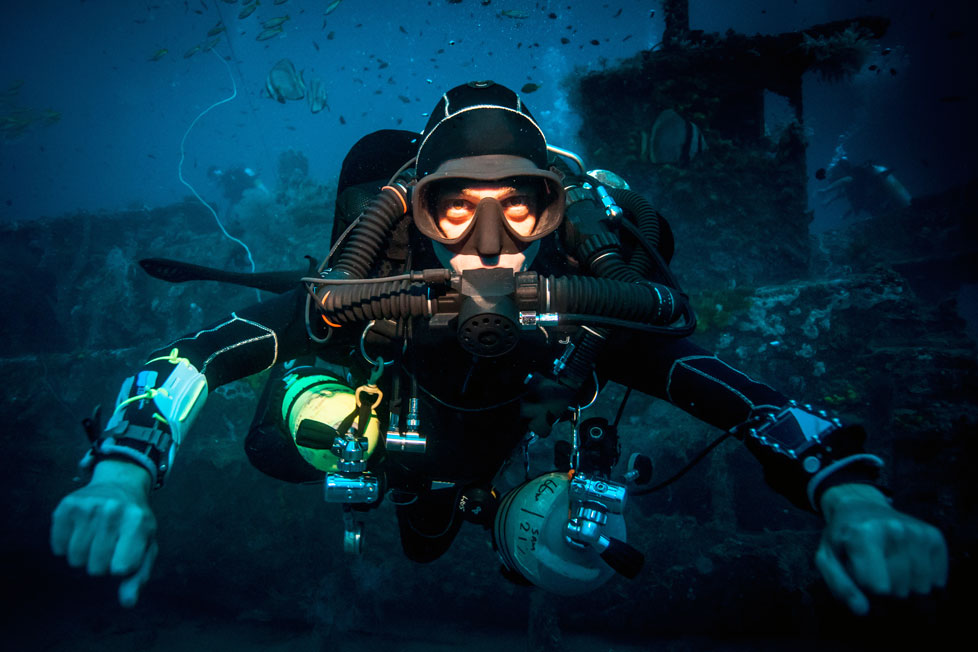
In addition to these training exercises and maintaining your composure in emergency situations, it’s a good idea to carry a surface marker buoy or other signaling devices, as well as a first aid kit, as part of your preparation routine.
The Safety Stop
Cave diving is an exhilarating and rewarding adventure for those who are well-prepared and informed. By adhering to these essential do’s and don’ts, you can safely explore the hidden underwater wonders of cave diving and create unforgettable memories.
Remember to invest in proper equipment, training, and always remain aware of your surroundings.
With the right guidance and preparation, cave diving can be an exciting and worthwhile addition to your scuba diving experiences, allowing you to explore new underwater environments and develop invaluable skills as a diver.
Embrace the adventure but always prioritize safety.

